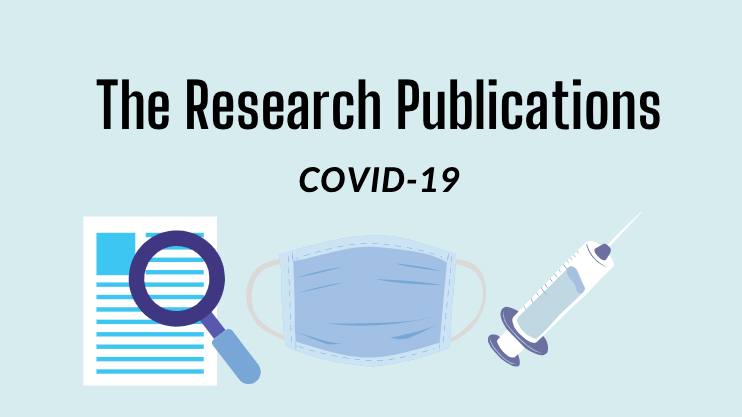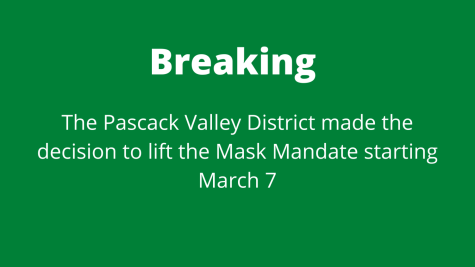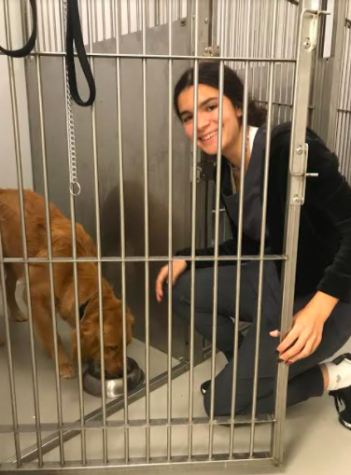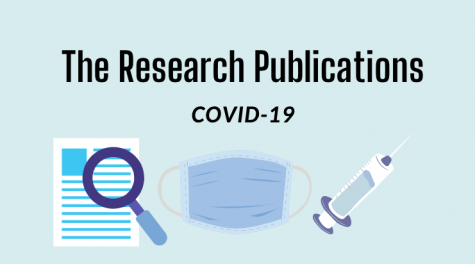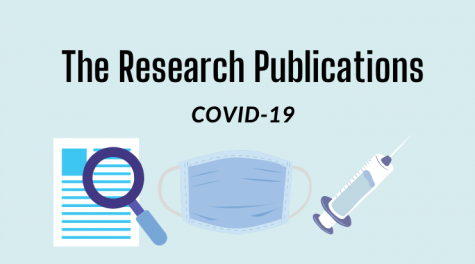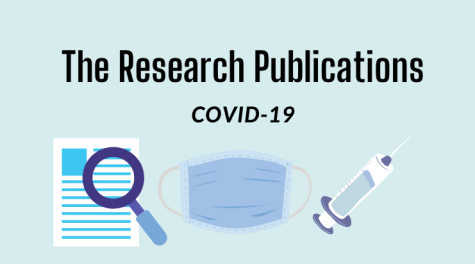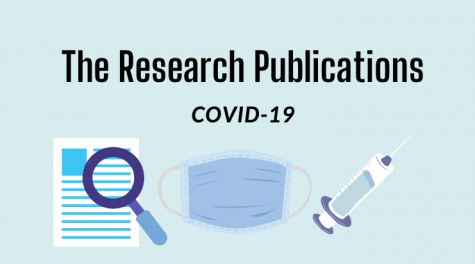Why do face masks cause acne, and what can you do about it?
The PV Student Publication has partnered with The Research Club to publish a series of research essays entitled “The Research Publications.” This essay explains how people can prevent acne despite wearing face masks.
(Editor’s Note: The PV Student Publication has partnered with The Research Club to publish a series of research essays related to topics of COVID-19. All research essays are written and fact-checked by members of the Research Club, and The PV Student Publication is rolling out these essays as a service to our community. This essay explains how people can prevent acne despite wearing face masks. This paper is written by sophomore Matthew Yakir, and fact-checked and edited by senior Elise Schicker.)
During the months that the COVID-19 virus has kept the world on lockdown, it has become clear that masks are a vital part of stopping the spread of the disease.[3] [10] [11] [12] Studies have shown that cloth masks can block out as much as 80% of fine droplets and particles. This is compelling as it may drastically reduce the chances of contracting COVID-19.
Masks used by the general public are generally made out of paper or cloth, and they tend to offer some protection.[11] [14] [16]Paper masks are generally made out of two sheets of paper bound together and are meant to stop larger droplets from getting to a person’s mouth or nose. Cloth masks are made out of two, sometimes three, layers of cloth and are meant to trap finer droplets and particles while repelling the larger droplets. The third type of mask used by the general public is called a “neck gaiter”. They are less effective[14] [17] [18] [19]as they are made out of elastic bands and do not repel particles as efficiently as paper or cloth masks do.
As COVID-19 cases continue to grow, mask usage has become a necessary precaution to everyday life.[3] [10] [11] [12] [6] Unfortunately, some issues may arise after wearing a mask for a long period of time. One of the drawbacks of masks is that they are able to have an effect on how much acne a person has,[4] [5] [6] [15] but there are several things that can be done to alleviate this issue.
Do your part. #WearAMask ? & #SlowTheSpread of #COVID19. Make sure your mask fits snugly against the sides of your face w/ no gaps along the sides or top of the mask. More: https://t.co/rjQXPVBQHe. pic.twitter.com/25B5VlFhE2
— CDC (@CDCgov) April 24, 2021
When the one exhales into their mask, their breath contains fine particles of vapor. The cloth mask then traps these droplets and particles in itself and creates a moist environment where acne-causing bacteria thrive.[1] Thus, wearing a mask can cause people to develop acne on the parts of their face that are covered by the mask.[1] [2] [9] [13] [15] [20]. Another way that acne can be caused is by the mask rubbing up against a person’s face and causing irritation of the skin in these contact areas.
However, there are a couple of things that can be done about this acne.[7] [8] [20]Doctors recommend that, in order to reduce the amount of acne one can get from wearing a mask, a person should moisturize their face before wearing a mask and use a cleanser twice daily. It is also recommended that masks should be washed frequently and that, in general masks should have a snug fit, where they do not rub the face as much as a loose mask does.

